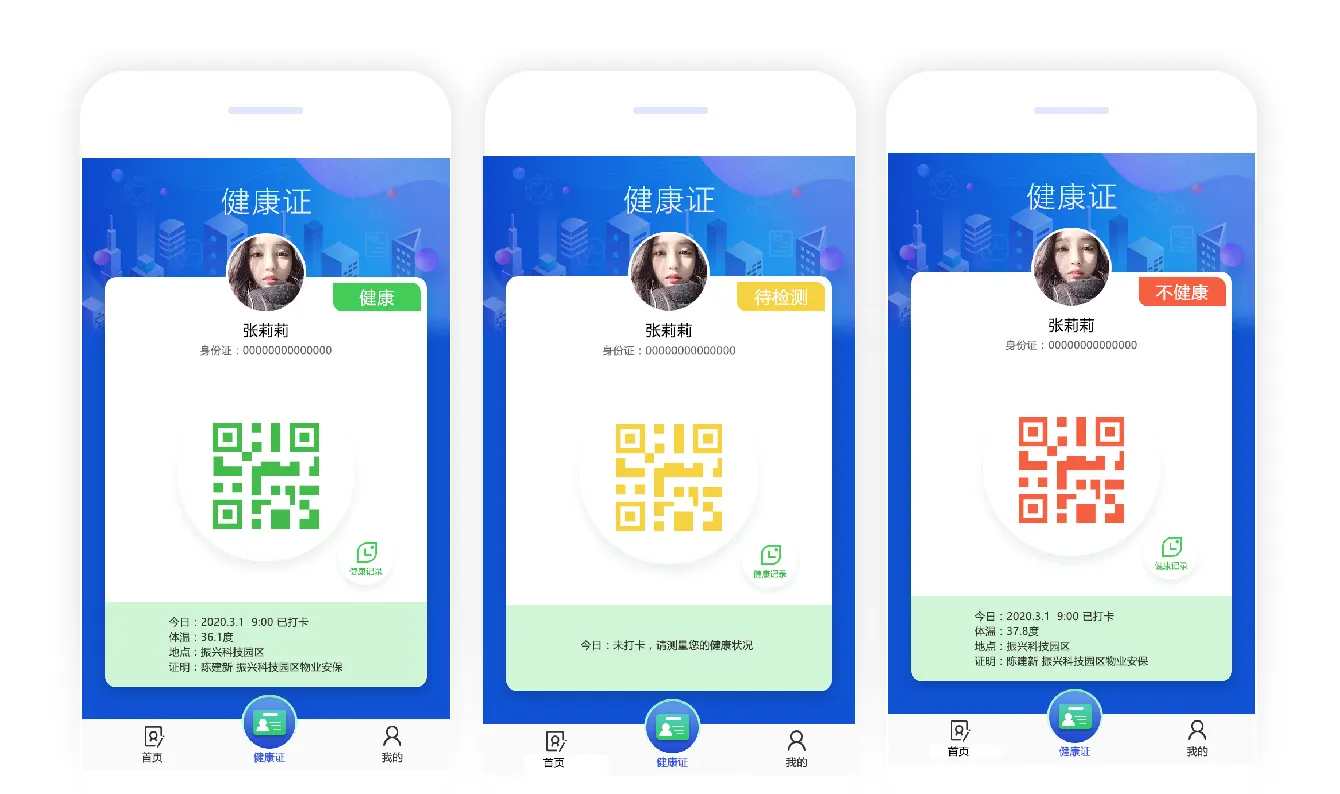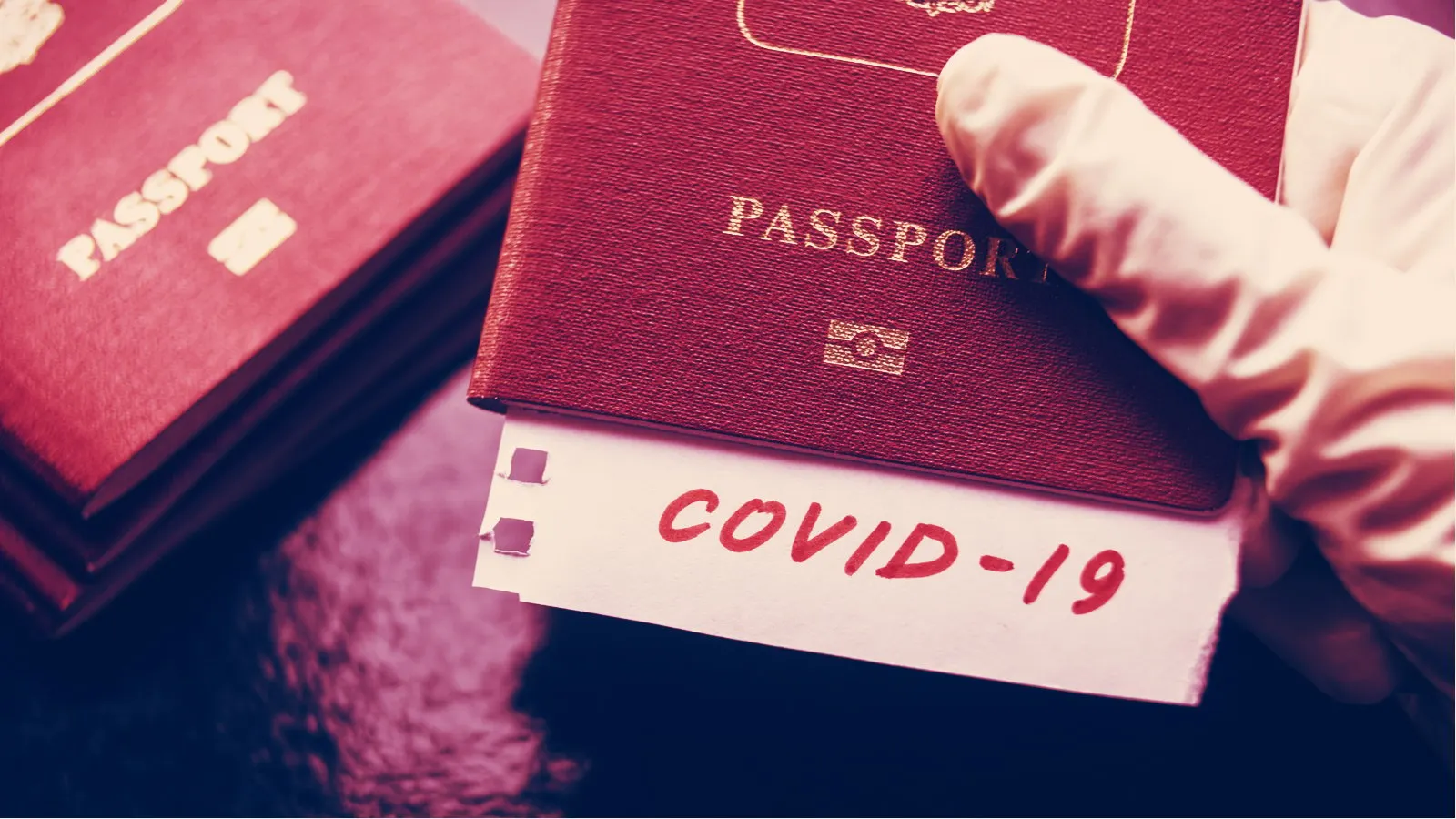In brief
- A new app logs users' health info on the blockchain.
- It could be used to help people work out who has the coronavirus.
- It was created in less than a week.
As governments worldwide rush to contain the coronavirus pandemic, they look to the country that’s successfully contained the outbreak: China. But there’s room for improvement even in China, says blockchain company Elastos DMA, which thinks it can do one better.
When entering buildings in China, it’s now common practice for guards to measure body temperature and check a QR code that shows they’ve not visited infected areas in the past fortnight.

But all that data relies on centralized databases; people don’t “own” their data—mobile phone carriers do; it’s prone to error; and exposes security guards to the virus, says Elastos DMA, a Shanghai-based blockchain firm that’s developing an app that distributes this information on a blockchain.
The app, called GreenPass, which was announced yesterday, records information about drug tests, body temperatures, and travel information on a decentralized ledger. Due to the blockchain’s immutability, this information is tamper-proof, verifiable, traceable, and private.
Specifically, data is encrypted and stored on the cloud, or other locations that contain the user’s digital signature. The hash of the data is then stored on the blockchain.
If the app’s QR code turns green, you’re good to go. Yellow or red, and there might be problems.
App users can also make appointments to visit a building by sharing their status in advance. “This completely streamlines the process and reduces close contact risk,” wrote Brian Xin, who founded Elastos DMA.
And importantly, “The platform doesn’t own any user data,” wrote Xin, so, unlike centralized alternatives, the platform can’t use the data without the owner’s permission.
The app’s a joint effort of the LEO community team, MPF team, eID vendor team, and the Elastos Ecosystem team. They hope that the service will continue to function as a life-long record of someone’s health history long after the outbreak is contained.

